2025 ACM Awards
We’re beyond thrilled to celebrate our incredible MAX artist partners who’ve secured nominations for the 2025 Academy of Country Music Awards—our...
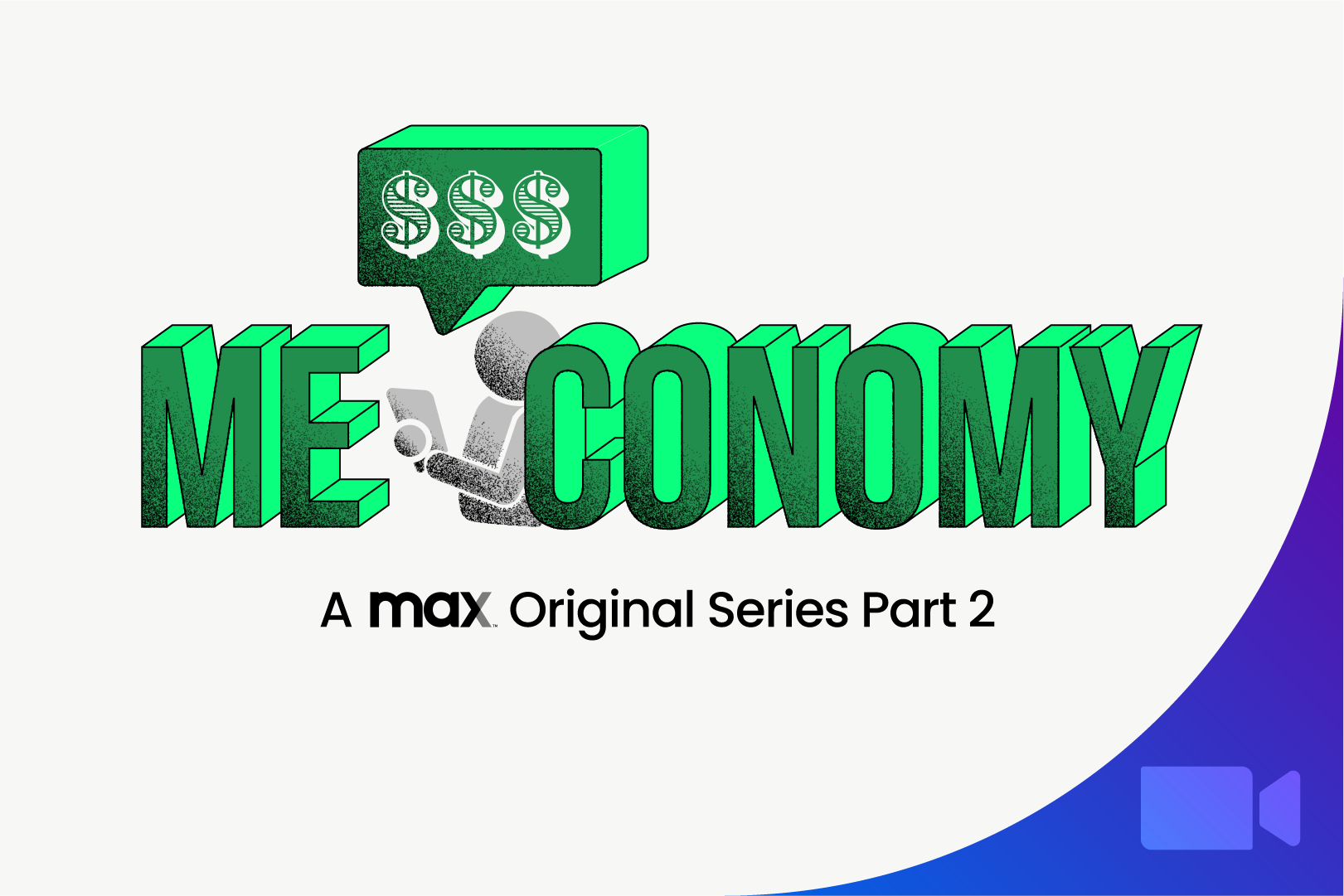
Before the pandemic, people were already migrating towards more personalized—and often virtual—experiences. It may feel like livestream concerts are a new phenomenon, but livestreams were utilized prior to 2020 by everyone from international superstars Coldplay to local elementary schools. The most well-known annual livestream, the Coachella YouTube cast, has expanded every year since the first webcast in 2010. Virtual experiences are not new, but there’s no denying that their mainstream popularity has surged as a result of an increase in the time people are spending at home.
The pandemic initiated a paradigm shift to a home-centric lifestyle, where work, school, and recreation revolve around people’s home lives. As people spend more time at home, we have seen a significant increase in online sales, including a substantial jump in the number of first time online shoppers across all age groups (and 50-60% of those people are now repeat online shoppers).
Many in-person purchases already began with online research and this has also accelerated during the pandemic. People are doing their information gathering online rather than in person and brands should adjust omnichannel strategies to reflect these behaviors. Rather than framing online and in-person as two separate purchase paths, brands need to understand that the digital and physical worlds are intertwined and that people—and their customer journeys—will move seamlessly between the two. Whether people are looking for information in-person or online, the brand content available to them needs to be relevant, captivating, convenient, abundant, and compelling; 92% of customers say that better access to information (product info, etc.) changes their expectations of a brand.
It’s easy to dismiss these changes in consumer behavior as temporary, pandemic-driven shifts, but the rate of mass adoption of these ideas and preferences indicates that these changes are here to stay. The rapid changes in the way people work, shop, and play are expanding the power that consumers hold. The brands that are thriving in the me-conomy are those that have adapted to the new normal and authentically centered the customer experience, even in the virtual space.
|
MAX Insights: The pandemic all but eliminated live events, shocking the music industry and leaving artists searching for a way to replace lost income and to connect with fans in a meaningful way. While many artists struggled with replicating the atmosphere of a live concert, others have been able to create new, different experiences that are still interactive and that allowed fans to feel a personal connection with their favorite artists.
|
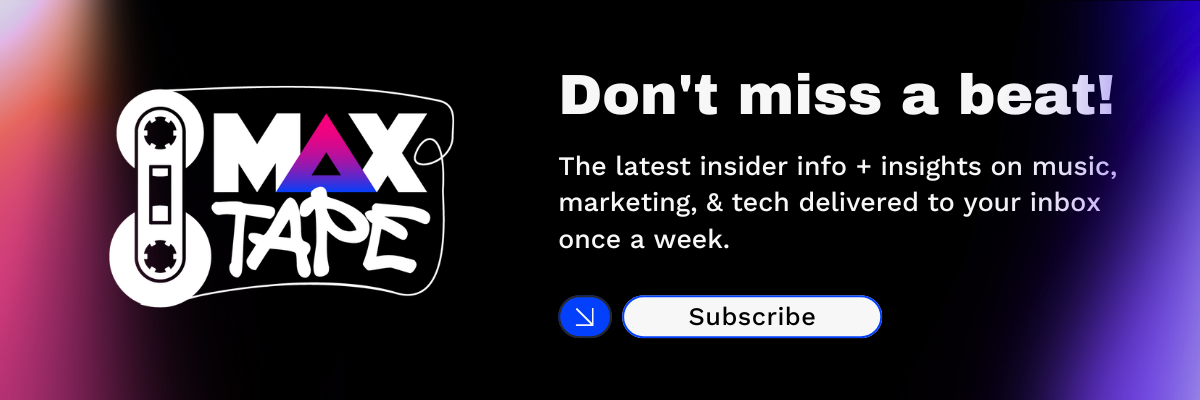
Ford Music and Música Ford (the Spanish language arm of the program) have been elevating artists for more than 6 years. The program features a variety of artists whose audiences mirror Ford’s target and originally included sweepstakes where fans could win tickets to live concerts, VIP meet & greet experiences, and autographed merch from their favorite artists. These sweepstakes were a major part of lead gen during the annual Ford Truck Month event and were historically used to drive people to visit their local Ford dealership.
When the pandemic paused live events, Ford expanded the Music/Música campaign to include interactive livestream concerts, where people can watch their favorite artists while chatting with other fans, recreating the sense of community people feel at live shows. The virtual experiences also include fan voting on setlist songs, virtual meet & greets (and keepsake videos) with the artists, and exclusive, branded content delivered via email nudges and SMS reminders.
The Ford Truck Month event became a month-long virtual celebration of music, showcasing multiple country artists, including RaeLynn and Clint Black). In addition to individual shows and sweepstakes prizes, the campaign included content featuring all three artists together. The shows themselves had Ford branding woven throughout—and even had Ford trucks onstage with the artists, sharing the spotlight during the concerts.
Even though car-buying has traditionally been defined by in-person experiences, Ford was able to drive leads with the Ford Truck Month concert series by merging the digital and physical worlds. During the livestreams, fans were prompted with links to the Ford website, where they could build out their dream F150 and get a price right then and there. Fans could also schedule a Covid-safe test drive through a local Ford dealership and even request home delivery of the test drive vehicle.
Ford was quick to adapt to new safety measures and focused on centering customer experiences. The company created ways to help both the communities they operate in and the individuals within those communities by focusing on maintaining long-term relationships. The Ford Music/Música Ford program is a reflection of the company’s willingness to adapt to changing needs and their ability to bridge the gap between virtual and physical in order to do so.
There has been a lot of discussion about when the world will “go back to normal.” The reality is, “normal” has changed and people now expect experiences to be a blend of virtual and in-person. Two thirds of the people currently working from home say that they will continue working remotely even after restrictions have been lifted. People want the option of whether to attend a concert in person or watch from the comfort of their homes. Fans expect that live events will be enhanced by technology and that virtual experiences will be integrated with physical offerings. The brands that understand this paradigm shift and successfully bridge digital and physical experiences will thrive in the me-conomy.
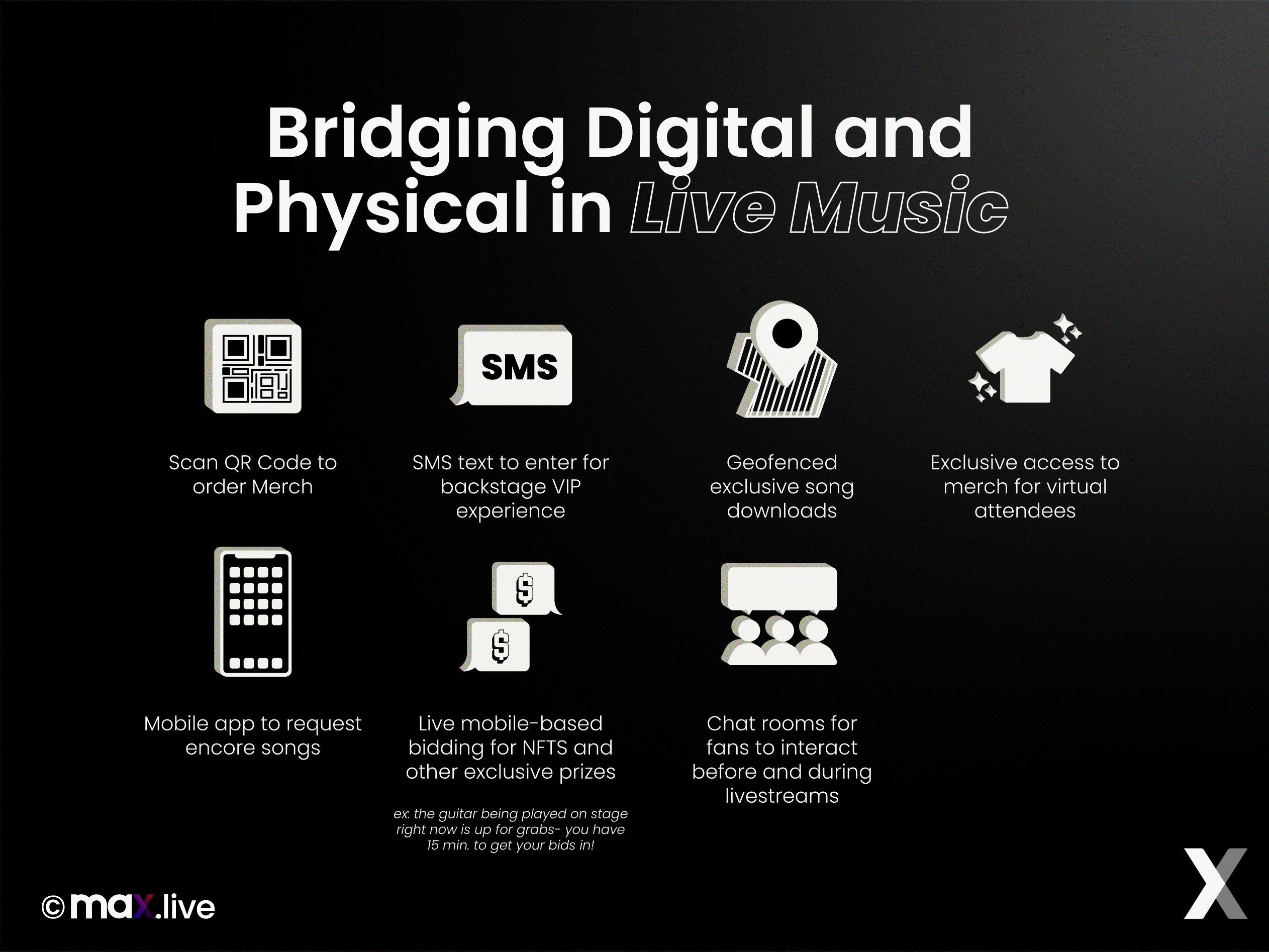
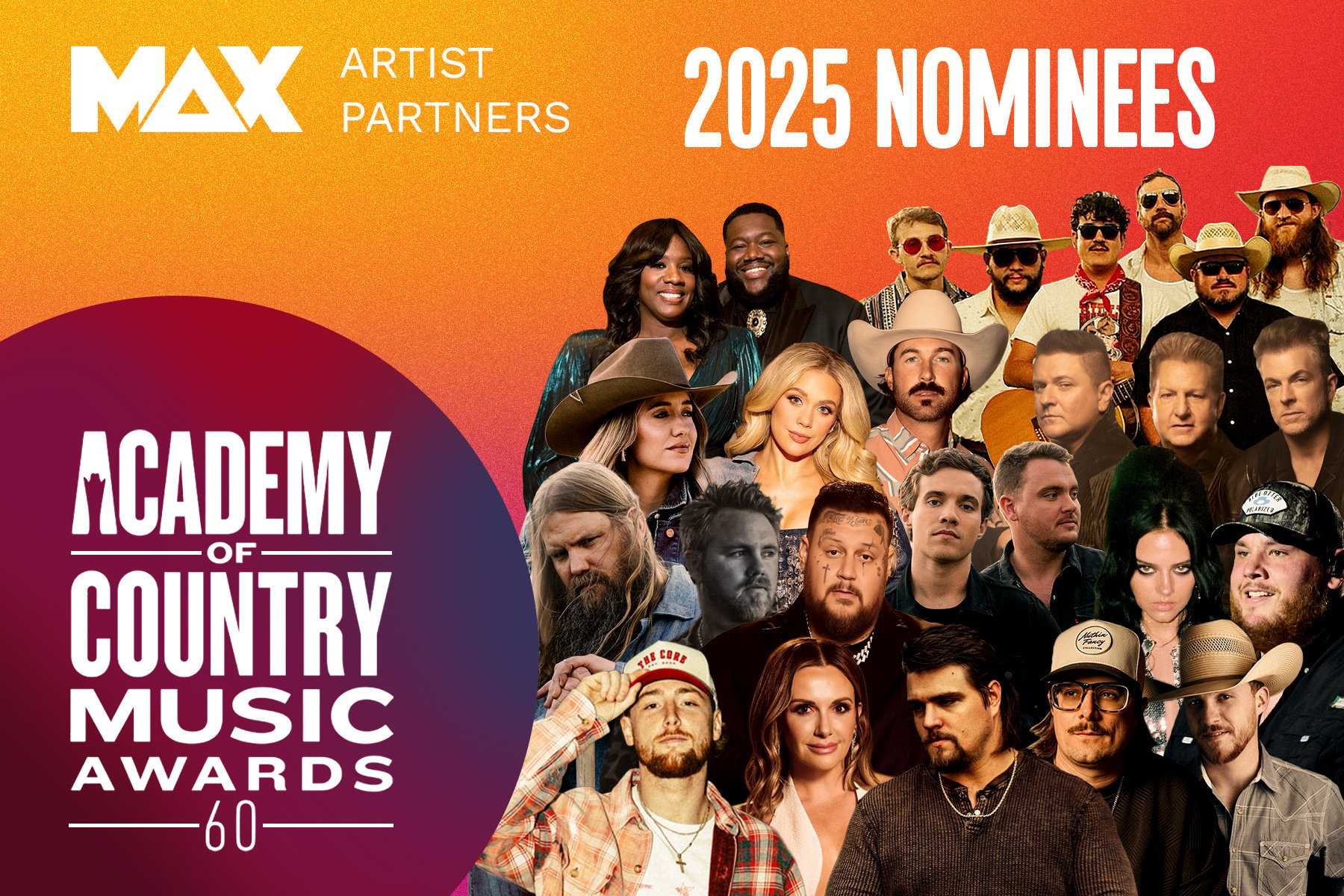
We’re beyond thrilled to celebrate our incredible MAX artist partners who’ve secured nominations for the 2025 Academy of Country Music Awards—our...
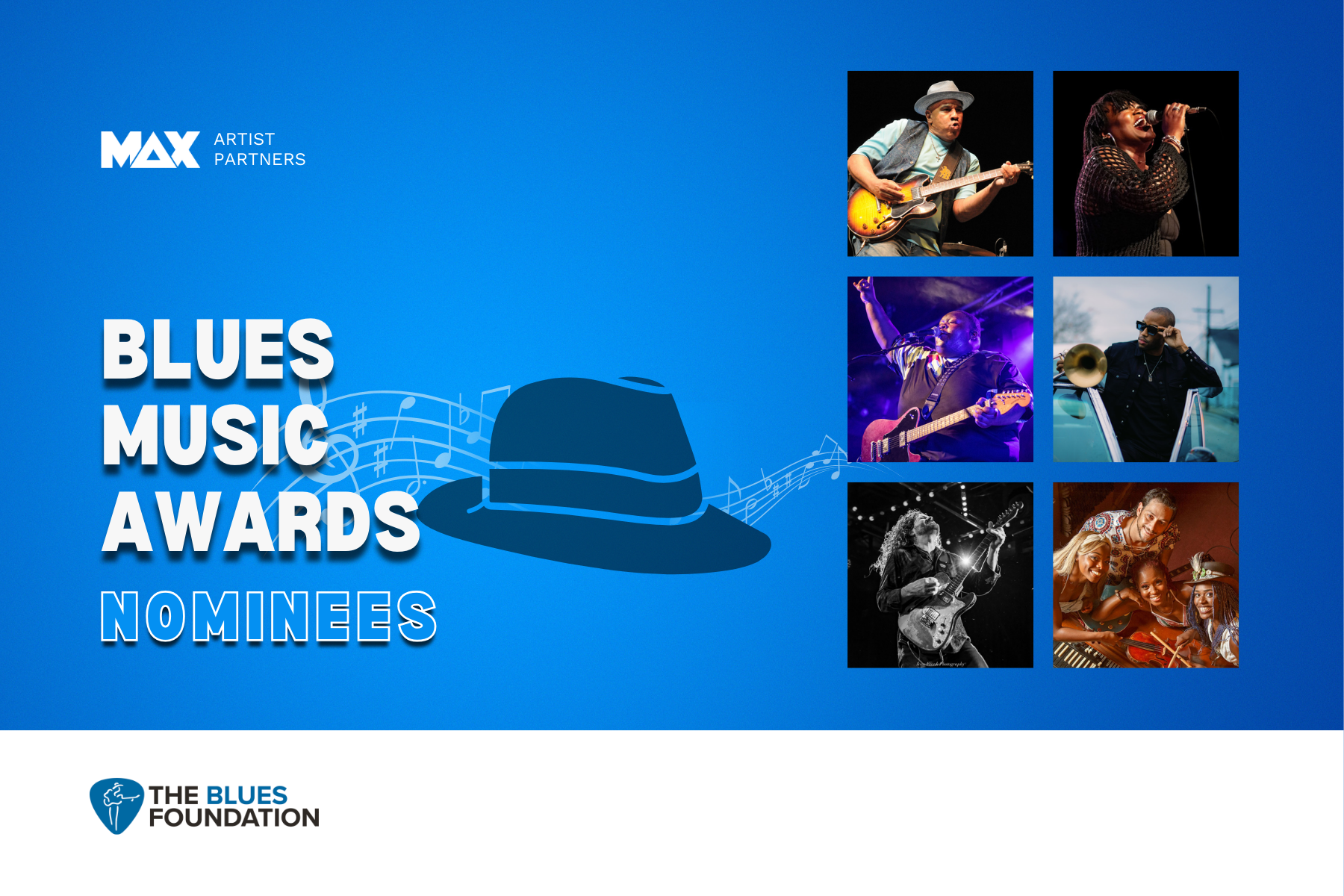
We’re fired up to celebrate our incredible artist partners who are nominated for the 2025 Blues Music Awards! 🎶🏆Blues music may be timeless, but...
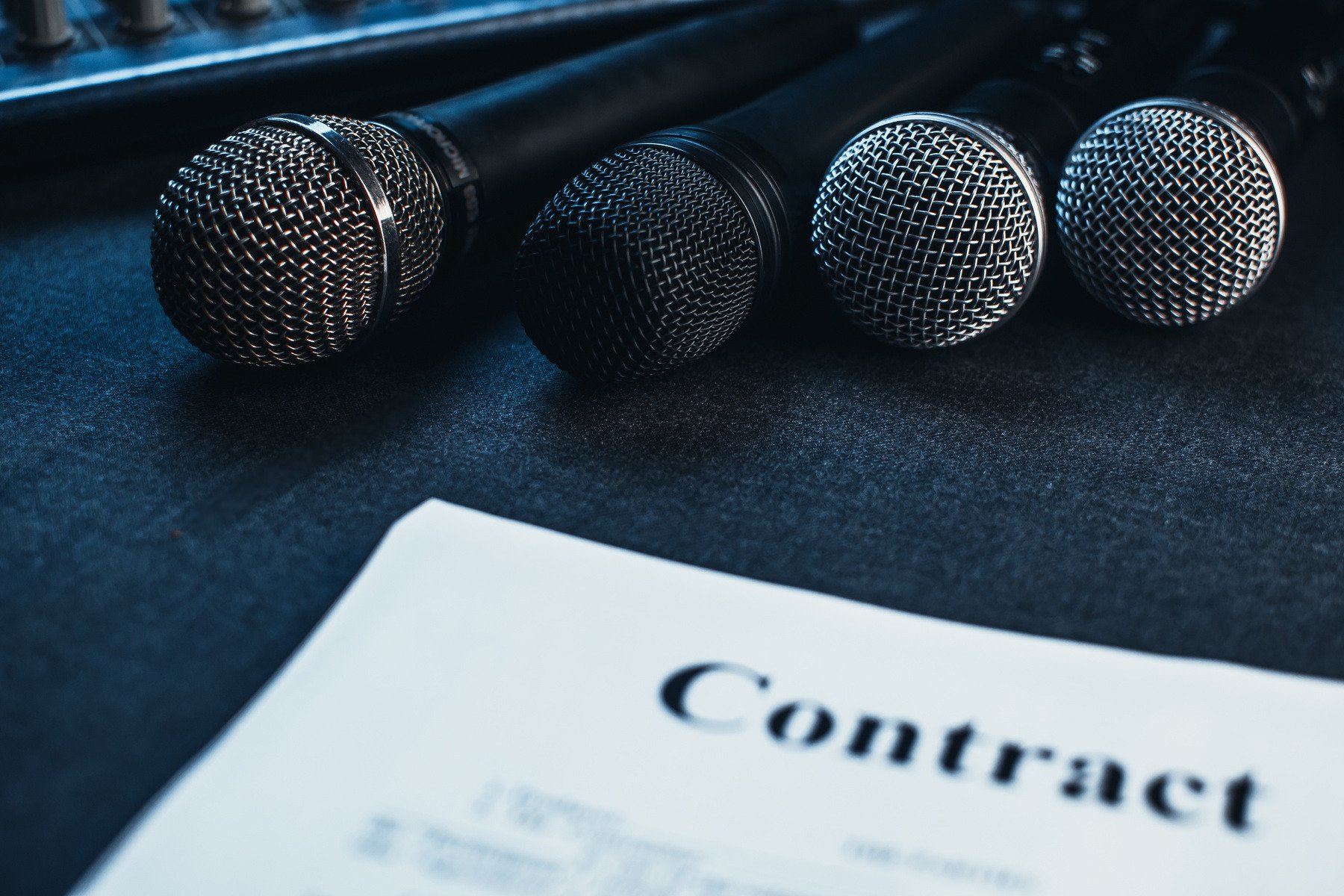
It’s a common question: what drives the cost of an artist partnership up (or down)? I mean, an artist’s fee can range from four to seven figures…and...
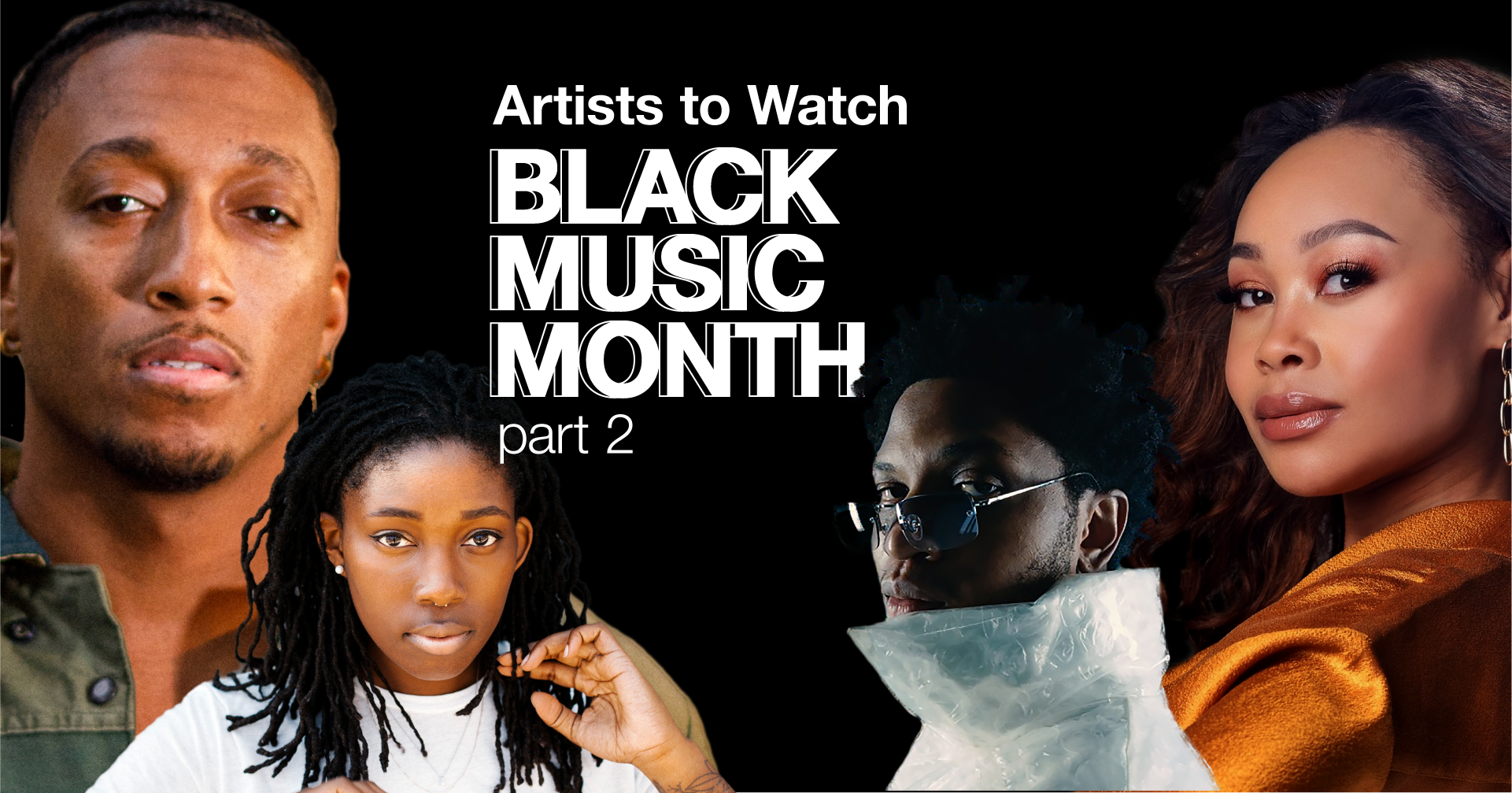
In recognition of Black Music Month, we’re featuring some of our favorite artists throughout the month of June - when you discover your new favorite,...
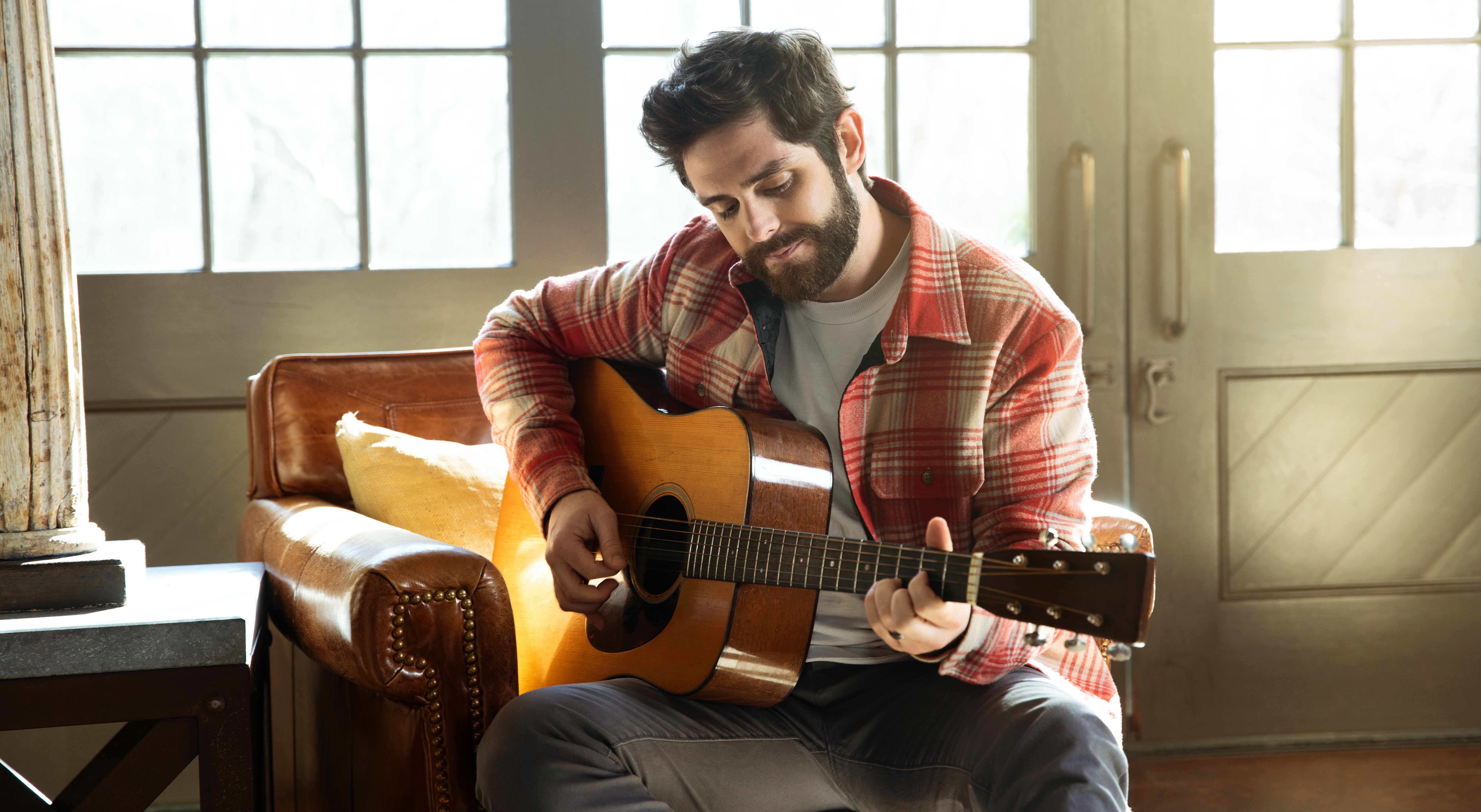
GRAMMY nominations have been announced! In this blog series, we've been taking a deeper look the FIVE of the artists we’ve partnered with at MAX who...
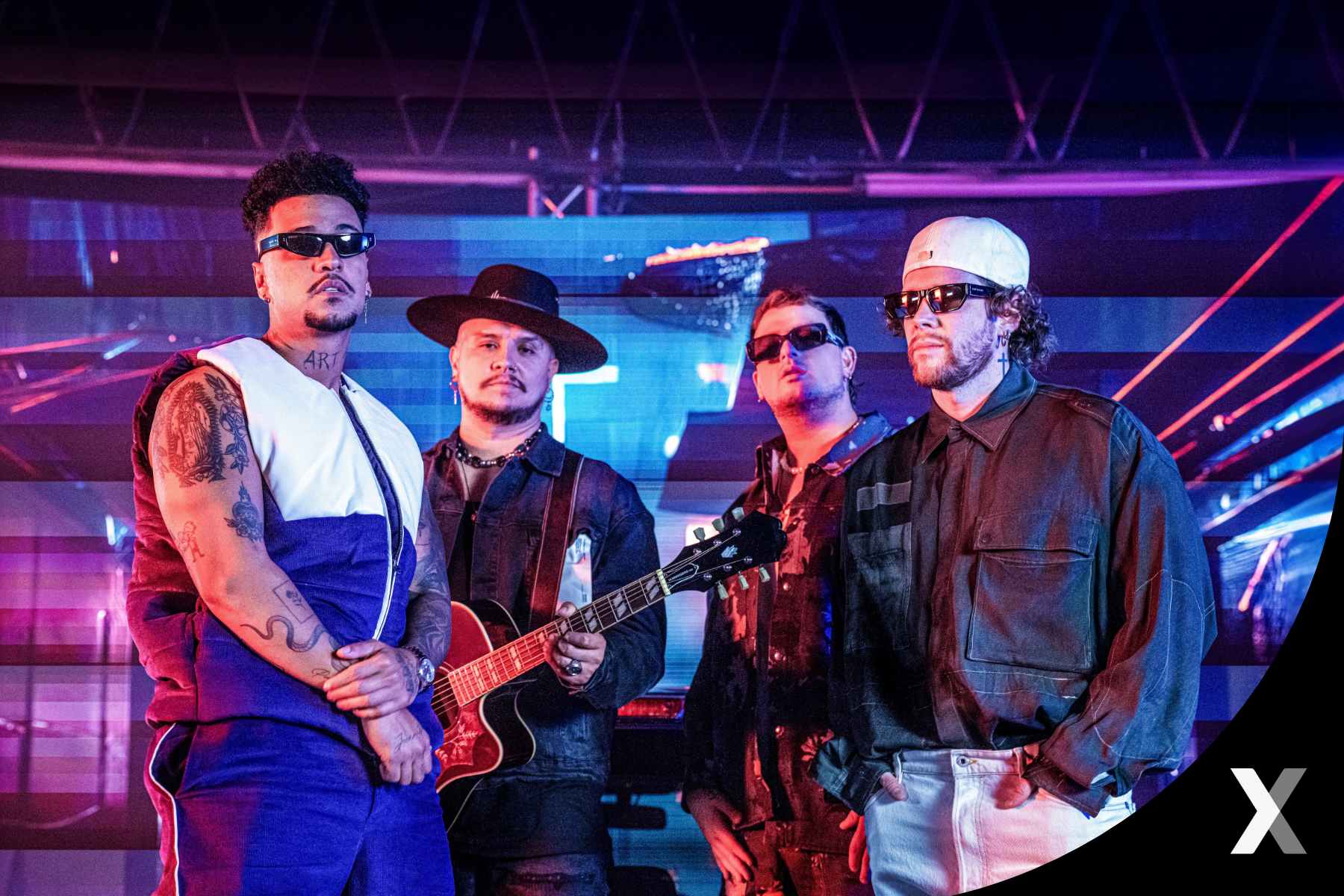
Let's get Ford Truck Month started with this Música Ford campaign featuring one of Latin music’s most iconic groups: Piso 21!